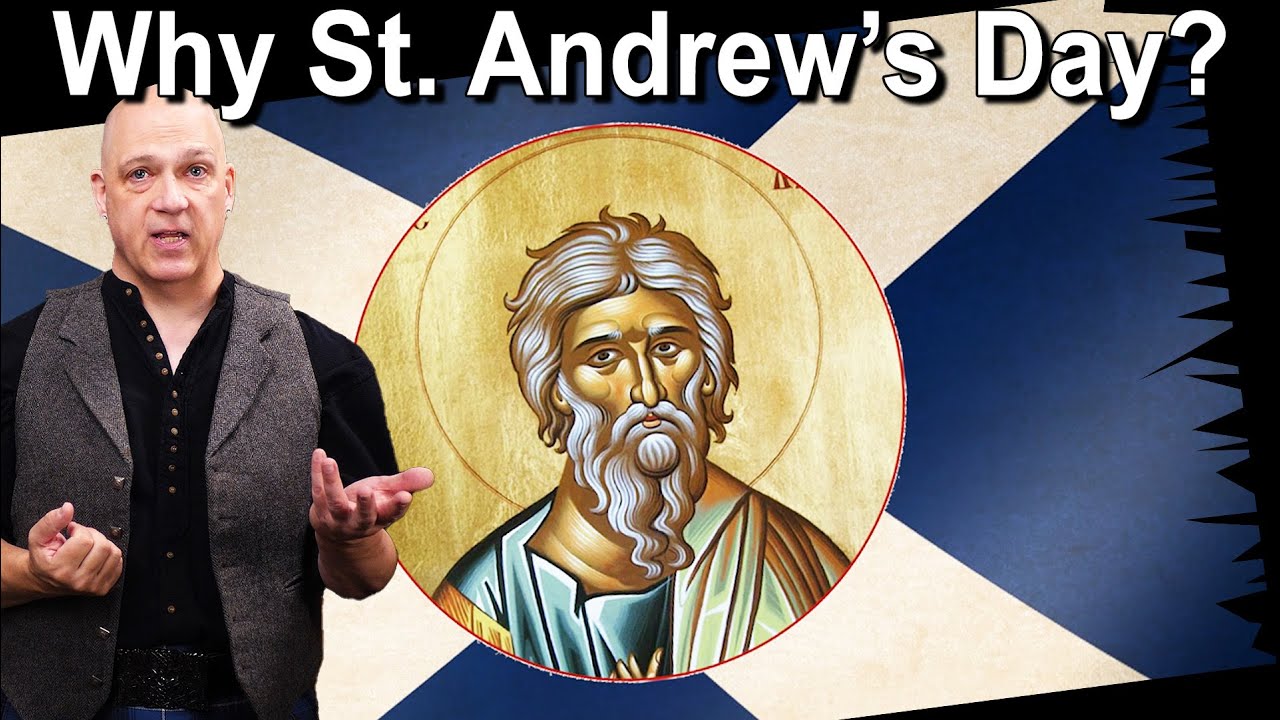The Fonts of Morality (Aquinas 101)
Summary
TLDRThis script delves into St. Thomas Aquinas's perspective on morality, emphasizing human agency in action. It highlights the significance of intention, object, and circumstances in moral decision-making. The discourse clarifies that while intentions often dictate the morality of an act, some actions are intrinsically evil, regardless of motive. The script underscores the importance of aligning actions with right reason, which is central to Aquinas's theology and the Catholic Church's teachings.
Takeaways
- 🧠 Morality, according to St. Thomas Aquinas, is fundamentally about human actions and our ability to make choices for reasons.
- 🛌 The script uses everyday examples like getting ready for work to illustrate how our actions are purposeful and aligned with our intentions.
- 🤔 Aquinas emphasizes the importance of moral deliberation, which can range from quick decisions based on routine to intense deliberations for difficult choices.
- 🔗 The moral life is seen as a series of particular actions and choices linked by our pursuit of life goals.
- 📚 The Catechism of the Catholic Church and Aquinas identify three components of human action: intention, object, and circumstances.
- 💭 Intention refers to the personal reason behind making a choice, such as quenching thirst by drinking water or expressing love.
- 🏃♂️ The object is the action itself, like walking to get from point A to point B, which has a purpose irrespective of the intention.
- 🚫 Aquinas and the Church teach that some actions are intrinsically evil, and no good intention can justify them, such as killing an innocent person.
- 📍 Circumstances provide the context of a choice, including who, where, how, and when, which can affect the morality of an act.
- 📉 The morality of an action is determined by the alignment of intention, object, and circumstances with right reason, which is in the image of God.
- 🙅♂️ No matter the intention, choosing evil activities is never justified, as the ends do not justify the means.
- 💡 The ultimate measure of a good choice is its accordance with right reason, which is our highest power and a reflection of God's reason.
- 📖 For further exploration of Aquinas's teachings, the script encourages visiting Aquinas101.com and signing up for free video courses.
Q & A
What is the central theme of morality according to St. Thomas Aquinas as discussed in the script?
-The central theme of morality according to St. Thomas Aquinas is about human actions, emphasizing that we are masters of our actions and can make choices for reasons, knowing that certain choices will achieve the intended outcomes.
What are the three basic components of every human choice according to the Catechism of the Catholic Church and St. Thomas Aquinas?
-The three basic components of every human choice are the intention, the object, and the circumstances.
What does the 'intention' in a choice represent?
-The 'intention' represents the personal reason why a choice is made, such as quenching thirst by drinking water or showing love by telling someone 'I love you'.
Can the morality of an action be judged solely by the intention behind it?
-While the intention can often determine why an action is taken, there are some actions whose objects are always evil, and no good intention can redeem them, such as the choice to kill an innocent person.
What is meant by the 'object' of an action?
-The 'object' of an action refers to the movement or activity itself, which has a purpose separate from the intention behind it, such as walking to get from point A to point B.
How do 'circumstances' affect the morality of an action?
-Circumstances, which include who, where, how, and when of a choice, can change the morality of an act. For example, certain actions may be moral in private but not in public, or the way one interacts with children may differ based on their age.
What is the concept of 'intrinsically evil' actions as taught by St. John Paul II and St. Thomas Aquinas?
-Intrinsically evil actions are those that are always wrong, regardless of the intention behind them. No good intention can justify these actions, such as killing an innocent person.
How does St. Thomas Aquinas define a good and moral action?
-For St. Thomas Aquinas, a good and moral action is one where the intention, the object, and the circumstances all align with what is good, and none of these elements contradicts right reason.
What is the importance of right reason in making moral choices according to the script?
-Right reason, which is our highest power and makes us in the image of God, is crucial in making moral choices because it helps align our choices with what is truly good, apart from ignorance or stupidity.
What does the script suggest about the relationship between the ends and the means in moral actions?
-The script suggests that the ends never justify the means, meaning that one cannot do evil, even for good reasons, as choosing evil activities does something to us that contradicts our moral nature.
How can individuals deepen their understanding of St. Thomas Aquinas's teachings as mentioned in the script?
-Individuals can deepen their understanding by visiting Aquinas101.com for readings, podcasts, and video courses on Aquinas, and by engaging with the content through liking and sharing.
Outlines

Cette section est réservée aux utilisateurs payants. Améliorez votre compte pour accéder à cette section.
Améliorer maintenantMindmap

Cette section est réservée aux utilisateurs payants. Améliorez votre compte pour accéder à cette section.
Améliorer maintenantKeywords

Cette section est réservée aux utilisateurs payants. Améliorez votre compte pour accéder à cette section.
Améliorer maintenantHighlights

Cette section est réservée aux utilisateurs payants. Améliorez votre compte pour accéder à cette section.
Améliorer maintenantTranscripts

Cette section est réservée aux utilisateurs payants. Améliorez votre compte pour accéder à cette section.
Améliorer maintenantVoir Plus de Vidéos Connexes

Thomistic Bible Study: Matthew 1 (Podcast)

Галилео. Мосты Петербурга

What's so GREAT about Antony the Great?

What are the Passions?

Saint Andrew's Day - Who Was St. Andrew And Why Do Scots Celebrate His Day?

A CRUZ QUE FALA - Série: Símbolos Franciscanos (2/5)

Homilia Diária | Um santo transformado pela Verdade (Memória de Santo Inácio de Loyola, Presbítero)
5.0 / 5 (0 votes)
